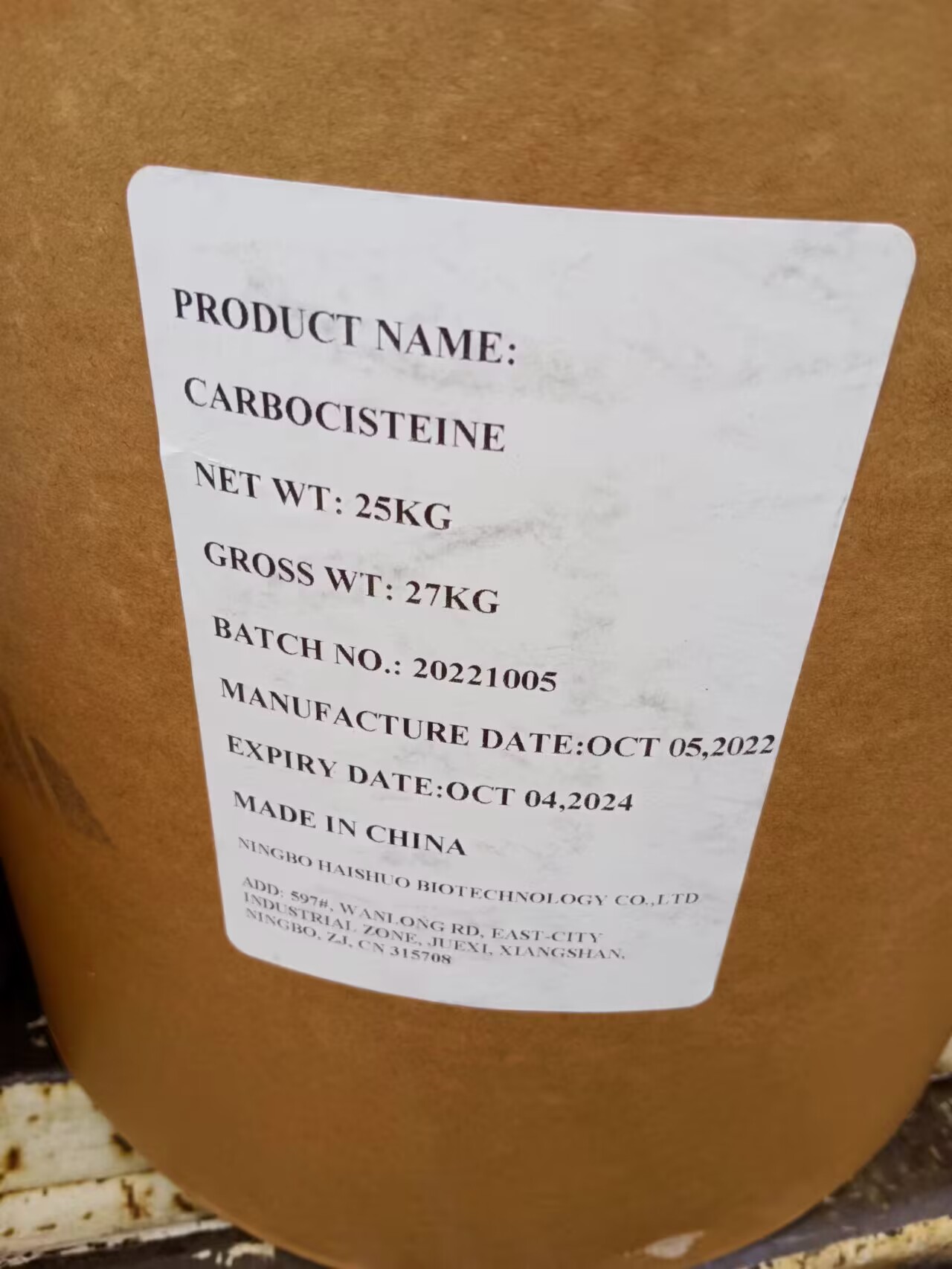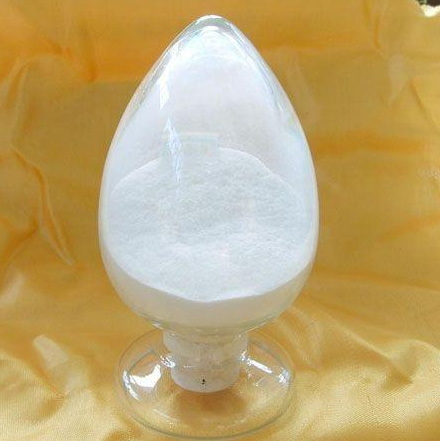Carbocisteine is a mucolytic that is administered orally or from a metered dose inhaler. Its adverse effects include headache, nausea, vomiting, gastric discomfort and bleeding, diarrhea, and rash. It has, however, been shown to be an effective mucolytic which is generally well tolerated with few adverse effects .
The place of mucolytic drugs in respiratory disease has recently been reviewed . The authors suggested that they have been inappropriately used in the past. As mucolytic agents do not improve lung function tests in COPD, the European Respiratory Society and the American Thoracic Society guidelines discourage their use in the treatment of COPD. Future trials should evaluate clinical symptoms and quality of life as well as lung function tests. Mucolytic agents should be evaluated earlier in the natural history of COPD, when mucus hypersecretion is the major feature and before lung function has deteriorated.


Background: Carbocysteine is a muco-active drug with free radical scavenging and anti-inflammatory properties. It is actually approved for clinical use as adjunctive therapy of respiratory tract disorders characterized by excessive, viscous mucus, including chronic obstructive airways disease (COPD).
Objective: The intriguing antioxidant and anti-inflammatory properties of carbocysteine, beyond its known mucolytic activity, are described to explain its therapeutic efficacy and suggest new clinical uses.
Methods: After reviewing physiology and preclinical studies, human studies on the use of carbocysteine in chronic inflammatory diseases, i.e., COPD and cancer cachexia, are reviewed.


Results/conclusions: Carbocysteine has been recently recognized as an effective and safe treatment for the long-term management of COPD, able to reduce the incidence of exacerbations and improve patient quality of life. Moreover, carbocysteine was effective in counteracting some symptoms associated with cancer cachexia. Preclinical and clinical studies have demonstrated that the antioxidant and anti-inflammatory properties of carbocysteine are more important than mucolysis itself for its therapeutic efficacy. Therefore, carbocysteine may be able to reverse the oxidative stress associated with several chronic inflammatory diseases, such as cardiovascular diseases and neurodegenerative disorders. Controlled, randomized studies in humans are warranted.






